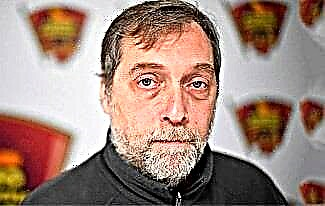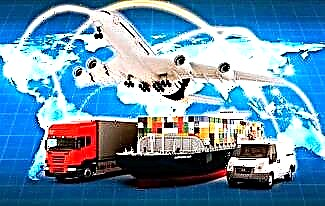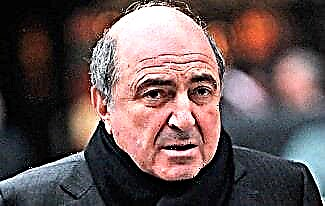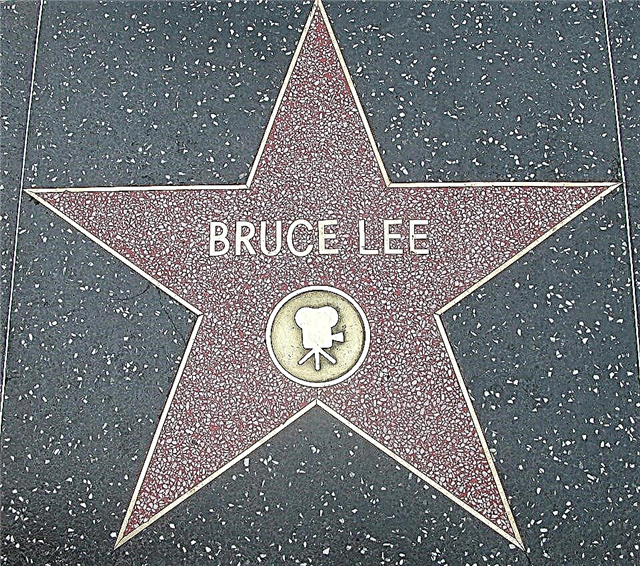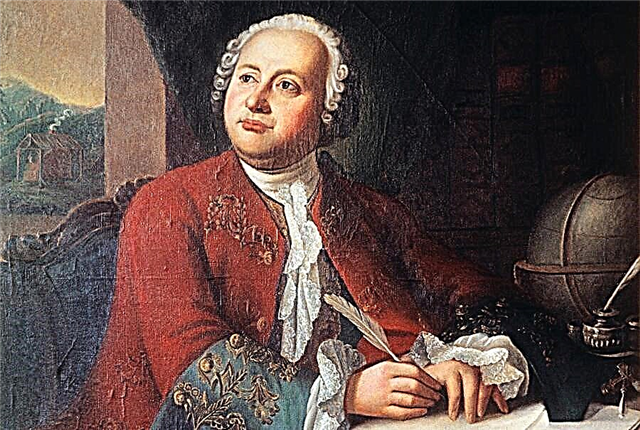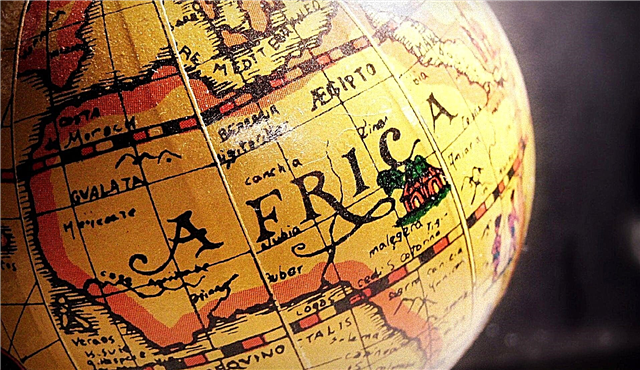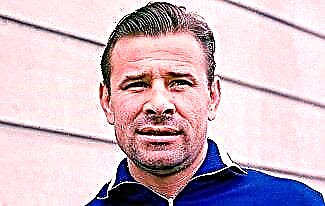Mussolini's fascist dictatorship had “socialist” features. A public sector was created and several key industries were nationalized.
State regulation of prices, wages, as well as elements of economic planning was introduced. The distribution of resources was under control - primarily financial and raw materials.
There was no anti-Semitism under Mussolini, numerous brutal political repressions (from 1927 to 1943 in Italy, 4596 people were convicted under political articles) and concentration camps (at least until September 1943).

22 interesting facts about fascist Italy
- From 1922 to 1930, the number of clinics and hospitals in the country quadrupled.
- In July 1923, Mussolini banned gambling in the country.
- If in 1925 Italy imported 25 million tons of wheat out of a total requirement of 75 million tons, then after the “Battle for the harvest” proclaimed in June 1925, already in 1931 Italy covers all its grain needs, and in 1933 harvests 82 million tons.
- In 1928, the "Program of Integrated Land Reclamation" was also launched, thanks to which over 7,700 thousand hectares of new arable land were obtained in 10 years. In Sardinia, the exemplary agricultural city of Mussolinia was built in 1930.
- To reduce unemployment, more than 5,000 farms and 5 agricultural towns were built. To this end, the Pontic swamps near Rome were drained and reclaimed. 78,000 peasants from poor regions of Italy are relocated there
- Another notable milestone was Mussolini's struggle with the Sicilian Mafia. Cesare Mori was appointed prefect of Palermo, who began a relentless fight against organized crime. 43,000 firearms were confiscated, 400 major mafiosi were arrested, and in just three years (from 1926 to 1929) about 11,000 people were arrested on the island for being a mafia. In 1930, Mussolini announced a complete victory over the mafia. The remnants of the defeated mafia fled to the United States. Where they were remembered on the eve of the landing in Sicily in July 1943. Then the Americans removed Lucky Luciano from prison, who contributed to the assistance of the Sicilian mafia to the American troops. For which, after the occupation of the island by the Anglo-Americans, supplies of American aid and food went through the mafia, and Lucky Luciano was free.
- In 1932, an international film festival opens in Venice (in 1934-1942 its highest award was the Mussolini Cup)
- During the reign of Mussolini, the Italian football team won the World Cup twice. In 1934 and 1938.
- Duce came to the matches of the Italian championship, and he rooted for the Roman "Lazio", in simple clothes, trying to emphasize the closeness to the people.
- In 1937, the famous Cinecitta film studio was founded - the largest and most modern film studio until 1941.
- In 1937, Mussolini inaugurated the 1,800 km coastal road from Tripoli to Bardia in Libya. In general, it should be noted that in all the colonies of that time, the Italians built modern schools, hospitals, roads and bridges, which are still used today in Libya, Ethiopia and Eritrea.
- In July 1939, Italian pilots held 33 world records (the USSR then had 7 similar records).
- The first nature reserves were created.
- In 1931, a new railway station was built in Milan, which was considered the largest and most convenient transport hub in pre-war Europe.
- The Roman Stadium is the largest pre-war sports arena in the world.
- For the first time, decrees were adopted in Italy, according to which benefits were paid for pregnancy and maternity, unemployment, disability and old age, health insurance and material support for large families appeared. The working week was reduced from 60 to 40 hours. Women and young workers were prohibited from working the night shift. A decree was adopted on the observance of sanitary standards at enterprises, insurance against accidents at the workplace was legalized.
- Police officers were required to salute pregnant women. Men who are heads of large families were established advantages in hiring and in promotion.
- For the first time in the history of Italy, the country did not die of hunger.
- Government spending has been drastically cut. The work of the post office and railways has been adjusted (trains began to run strictly on schedule).
- Under Mussolini, 400 new bridges were built, including the famous Liberta Bridge, 4.5 km long, connecting Venice with the mainland. 8,000 km of new roads were built. A giant aqueduct was built to supply water to the arid regions of Apulia.
- 1700 summer camps were opened for children in the mountains and at sea.
- The world's fastest cruisers and destroyers were also part of the Italian fleet.
Alexander Tikhomirov

